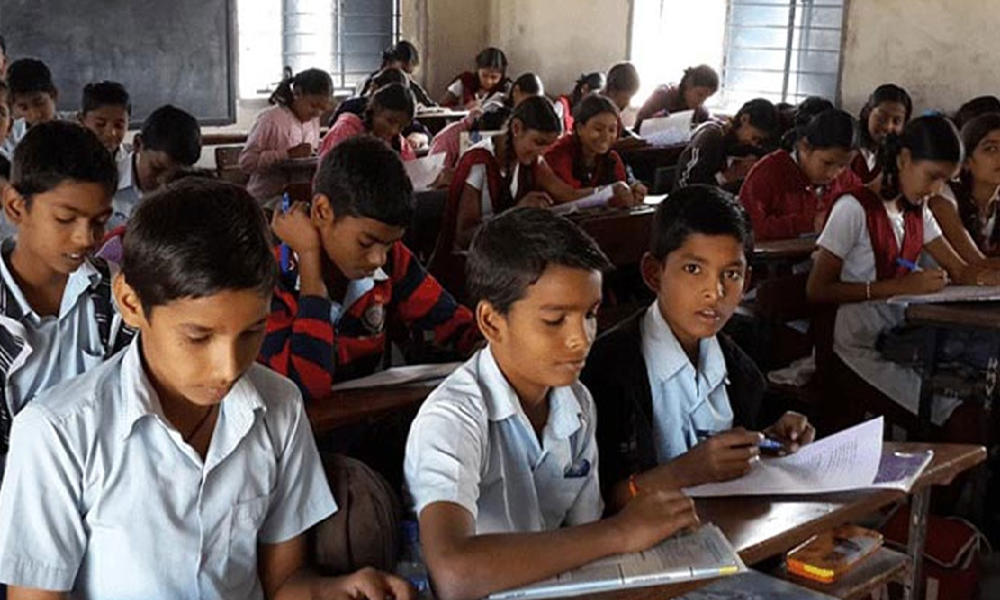Education is not just for children—it is a lifelong journey that plays a significant role in breaking the cycle of poverty. For families facing financial difficulties, adult education serves as a powerful tool for personal and economic growth. It provides opportunities for parents and caregivers to enhance their skills, improve employability, and contribute positively to their communities. Uplifting impoverished families through adult education is essential to creating sustainable and lasting change.
The Role of Adult Education in Economic Stability
One of the most significant benefits of adult education is its potential to improve economic stability for families. Many adults from low-income backgrounds have limited formal education and lack the qualifications needed for better-paying jobs. Without access to education and training, they often remain confined to low-wage positions with little room for career advancement. Adult education programs offer a way out by equipping individuals with the skills and credentials needed to secure higher-paying and more stable employment.
Programs that focus on skill development, literacy, and vocational training provide adults with the opportunity to gain new abilities and open up career options that were previously out of reach. By increasing access to education, we can contribute to uplifting impoverished families by enabling adults to find better jobs, earn higher incomes, and achieve financial security. This economic stability also has a ripple effect on the family, providing children with improved access to resources and opportunities for a brighter future.
Improving Self-Esteem and Confidence
Adult education does more than just improve employability; it also boosts self-esteem and confidence. Many adults who have been unable to complete their education or pursue higher learning often feel a sense of inadequacy or shame. This lack of confidence can affect not only their personal lives but also their interactions within their families and communities. Adult education programs offer a supportive environment where individuals can gain knowledge, grow in confidence, and feel a sense of accomplishment.
For parents, increased self-esteem translates into being positive role models for their children. When children see their parents investing in their own education and working towards self-improvement, it reinforces the value of learning and motivates them to pursue their own educational goals. This intergenerational impact is a key factor in uplifting impoverished families and ensuring that education becomes a shared priority.
Strengthening Family Bonds Through Education
Adult education can also play a role in strengthening family bonds. When parents invest in their own education, it creates a culture of learning within the family. Parents who are literate and educated are better equipped to support their children’s education by helping with homework, communicating with teachers, and making informed decisions about their children’s future. This active involvement contributes to improved academic outcomes for children and reinforces the importance of education as a family value.
In addition, parents who pursue education together with their children can create shared experiences that deepen their bond. Community-based adult education programs often encourage family participation, creating opportunities for parents and children to learn and grow together. This focus on family engagement is essential for uplifting impoverished families and fostering a supportive learning environment at home.
CONCLUSION:
Adult education is a powerful tool for uplifting impoverished families by improving economic stability, boosting self-esteem, and empowering individuals to become community leaders. By focusing on adult education, we can break the cycle of poverty, create a culture of lifelong learning, and provide families with the resources and opportunities they need to thrive. Fikrah supports initiatives that promote adult education and empower families to build brighter futures.
Click here to know more about “The Role of Education in Breaking the Cycle of Poverty”

